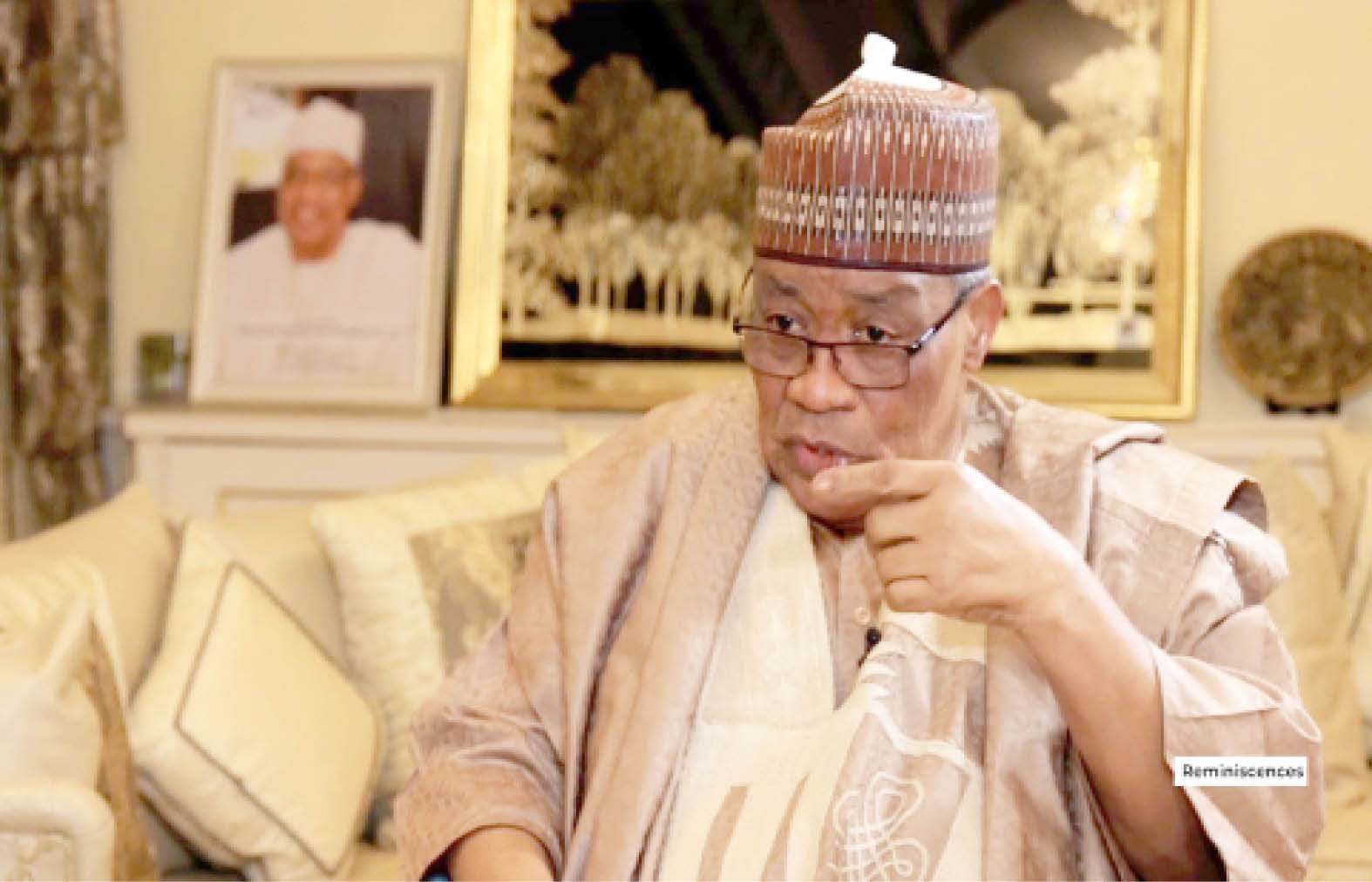The Director General/CEO of the National Board for Technology Incubation (NBTI), Dr. Kazeem Kolawole Raji, has reaffirmed the agency’s commitment to partner with the Economic and Financial Crimes Commission (EFCC) to fight corruption through innovation and technology.
According to the press statement signed by the Assistant Director and Head of Media and Publicity NBTI Mr. Reuben Shagu, both institutions are set to harness disruptive technologies to enhance transparency, accountability and economic integrity in the country.
Speaking recently during a courtesy visit to the EFCC Chairman, Mr. Ola Olukoyede, the DG lauded his visionary leadership, unwavering courage, and commitment to stamping out corruption. Under Mr. Olukoyede’s tenure, the EFCC has recorded unprecedented successes, including the recovery of over N200 billion and the prosecution of approximately 3,000 cases in a single year—milestones that have bolstered global confidence in Nigeria’s anti-graft fight.
Raji emphasised that corruption remains one of Nigeria’s greatest obstacles to economic progress.
“As the nation’s foremost technology incubation agency, NBTI is not only fostering entrepreneurship and innovation but is also committed to ensuring transparency in SME funding, preventing financial mismanagement, and using digital tools to detect and deter corruption in business transactions.
The NBTI boss further highlighted recent achievements of the agency, including the global recognition of an NBTI incubatee who won the $1 million Zayed Sustainability Prize, as well as a landmark MoU with the Kwara State Government to establish a world-class technology incubation hub.
“With EFCC’s enforcement strength and NBTI’s innovation-driven economic agenda, we are laying the foundation for a Nigeria where transparency, accountability, and enterprise thrive,” Raji added.
In response, the EFCC Chairman, who was represented by the Secretary of the Commission, Mr. Muhammad Hassan Hammajoda, welcomed the collaboration and commended NBTI’s vision for using technology as a tool to drive economic transformation.
…………………..




 2 hours ago
22
2 hours ago
22








 English (US) ·
English (US) ·